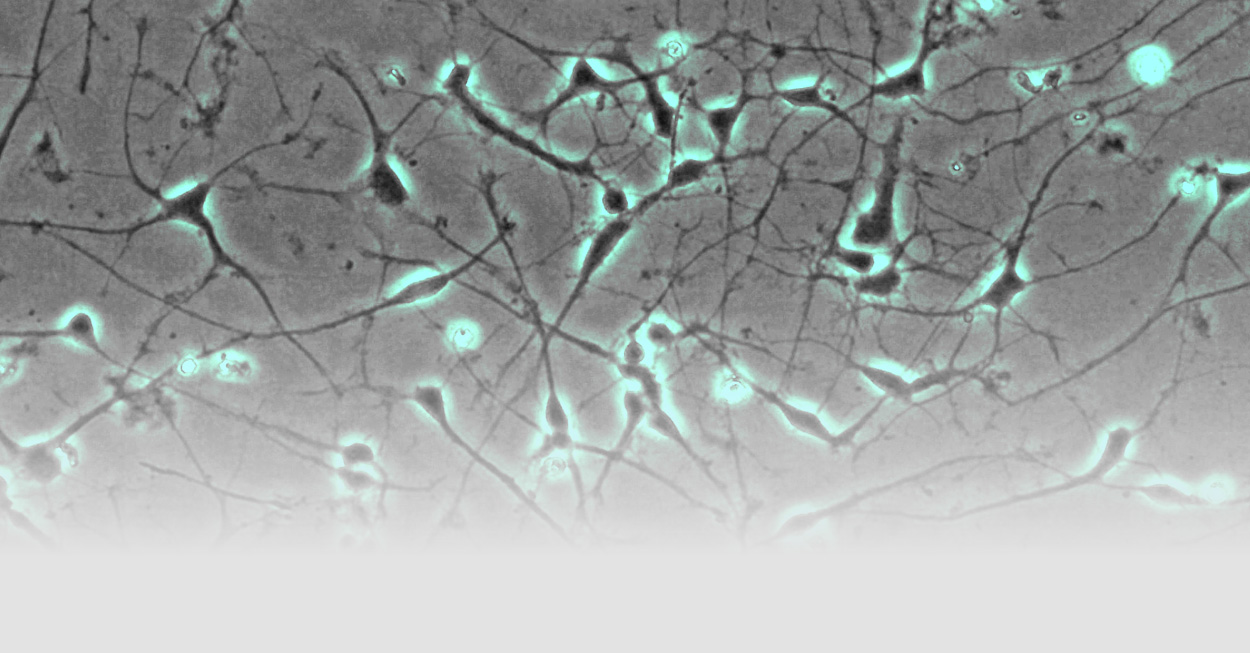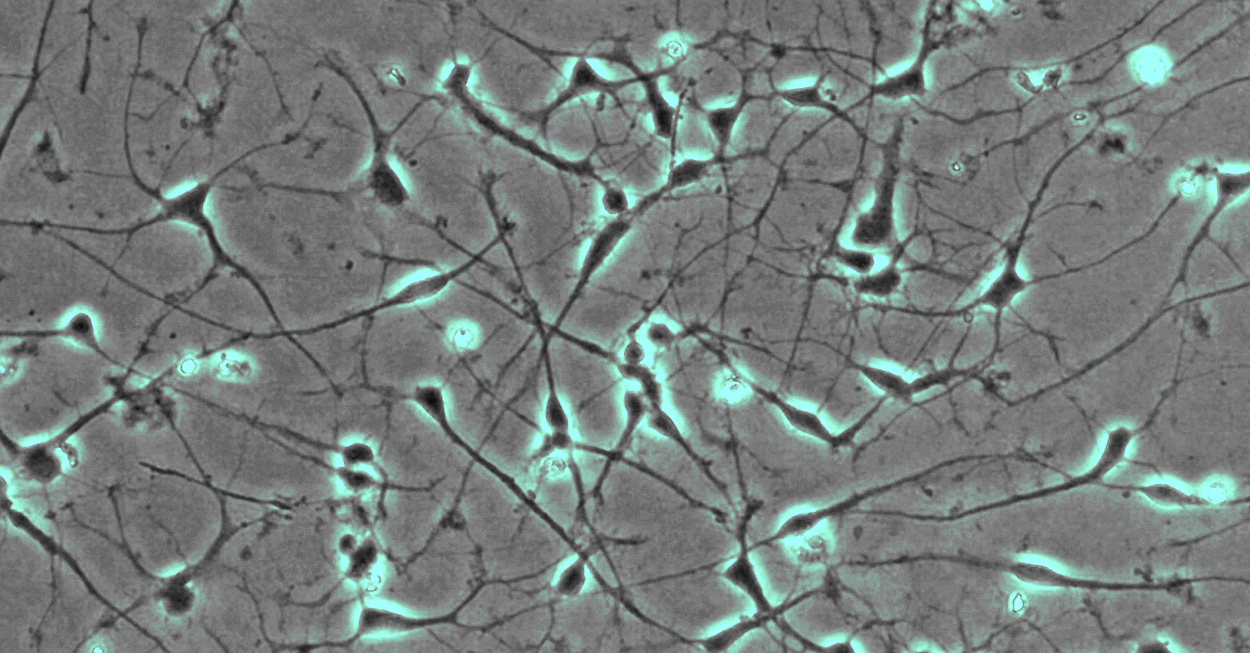

Partner & cooperations

Within the German Center for Neurodegenerative Diseases (DZNE) Ludger Schöls is coordinating the intersite project on hereditary spastic paraplegias (HSP). Here we follow a national HSP cohort in a natural history study to evaluate disease progression markers and decipher genotype distribution as well as genotype-phenotype correlations. Another goal is the development of induced pluripotent stem cell (iPSC) derived human cell culture models for the study of pathogenesis of HSP.
The intersite project on ataxias is headed by Prof. Thomas Klockgether and focusses on sporadic forms of late onset ataxia including multiple system atrophy (MSA). Another subproject lead by Dr. Matthis Synofzik follows a large cohort of early onset ataxia patients by deep phenotyping and natural history and aims to clone new genes.

NEUROMICS is a large scale FP7 project funded by the European Union that uses sophisticated –omics techniques to improve diagnostics and develop new treatments for ten major neurodegenerative and neuromuscular diseases. Within this framework Ludger Schöls is the disease coordinator for hereditary spastic paraplegia. We collaborate intensively with Prof. Alexandra Dürr, Prof. Alexis Brice and Prof. Giovanni Stevanin (ICM, Paris) to identify new genes, explore lipid abnormalities in HSP and to prepare for interventional trials in SPG5.
EFACTS is the European Friedreich’s ataxia consortium aiming for translational studies headed by Prof. Massimo Pandolfo (Brussels). Here we contribute to the natural history study on Friedreich’s ataxia and to several biobanking projects.
The Ataxia Study Group – ASG evolved from a large European project on spinocerebellar ataxias (EUROSCA) and runs studies on spinocerebellar ataxias including individuals at risk to develop the disease.
It is very important for our work to be in close contact with patient support groups:

Center of Neurology
Hertie Institute for Clinical Brain Research
Department Neurodegenerative Diseases
Hoppe-Seyler-Straße 3
72076 Tübingen
Phone: +49 (0)7071 29-82057
Fax: +49 (0)7071 29-4254



